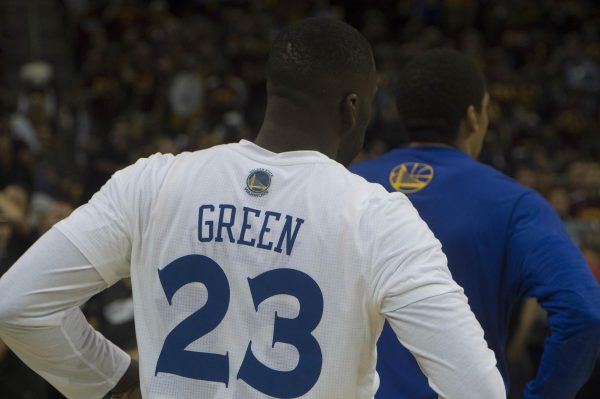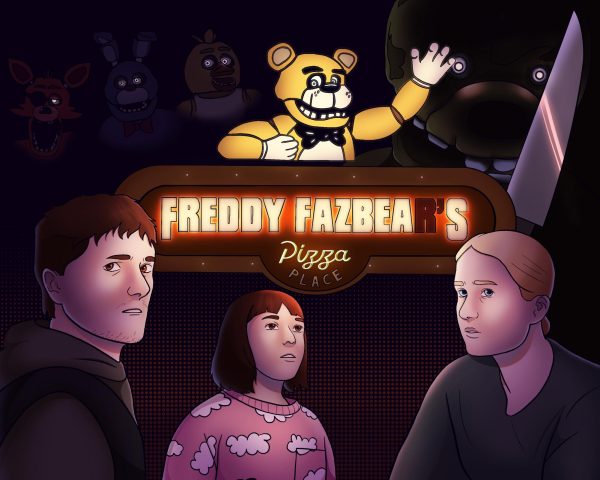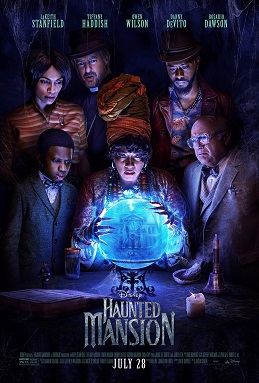EA Games: Sims 4
October 28, 2014
Last month, Electronic Arts (EA) Games released the much-anticipated fourth installment to the beloved video game series, The Sims.
Before its release, The Sims 4 received a lot of negative coverage in the media, specifically about 89 features that are not included, that are included in previous games.
Among the list of missing features include: pools, toddlers, business and law enforcement careers, cars, baby-sitters, illnesses, gardeners, ghosts, and story progression, according to gamebreaker.tv.
That said, The Sims 4 itself is not a terrible game, as it received a 6/10 review from gamespot.com. It just doesn’t measure up to its past.
“In short, The Sims 4’s biggest problem is that The Sims 3 exists, and describing where it stumbled by necessity means looking at where the series has been,” said Kevin VanOrd, editor on gamespot.com.
Needless to say, EA has failed to make the latest Sims the best of the series.
EA has a history of making bad decisions, which is the main reason they were voted the worst company in America in 2012 and 2013, the only company to ever win the title twice, according to a Forbes article.
Like other companies who have won the WCIA title, EA has repeatedly failed at three core requirements of running a consumer-friendly business: provide a product people want and like, sell your product at a reasonable price, and support the products you sell, according to Chris Morran from consumerist.com.
Although EA has put out great games, they have a reputation for rushing through the development.
An example of this was Mass Effect 3, where the ending of the game was so bad that EA released an alternate ending within months of the game’s release, as noted by Morran.
One of the most notorious complaints about EA is that they nickel-and-dime their users. In games such as SimCity 5, EA required players to be online during play so they could expose users to in-game purchases, according to Morran.
They’ve done this again with The Sims 4, as they allow users to use those 89 missing features — for a price, of course.
I see jokes and blogs all over the Internet about EA because of this problem. After reading all the missing features from The Sims 4, my gamer roommate said, “This is classic EA. Removing features that should already be in the game only to sell expansions containing some of these features later.”
Similar complaints are common among the gaming community.
The nickel-and-dime effect is just one of a long list of complaints against EA, however. The most important of these is the customer service. This one I speak from personal experience. I’ve had problems with a game before, but I got little to no help fixing the issue. It ended up being resolved by one of my tech-savvy friends.
In the case of The Sims 4 release, this is one of the instances where EA has disregarded what their consumers want and like.
The previous Sims games have consistently been getting better, and unfortunately, The Sims 4 has broken the chain.
My advice to EA is to pay more attention to customer feedback. In order to be a good game developer it’s not enough to just make good games, you need to cater to consumers’ wants and needs.
A game developer such as Nintendo is a company that EA could learn from. Nintendo has successfully provided excellent customer service and intensely popular games like Super Mario Bros. and The Legend of Zelda.
The popular entertainment website ign.com has rated Nintendo as the best game developer because it follows the three rules that EA seems to ignore.
In the competitive entertainment industry, EA needs to realize that customer satisfaction should be their top priority, not to nickel-and-dime the people they aim to please.





















